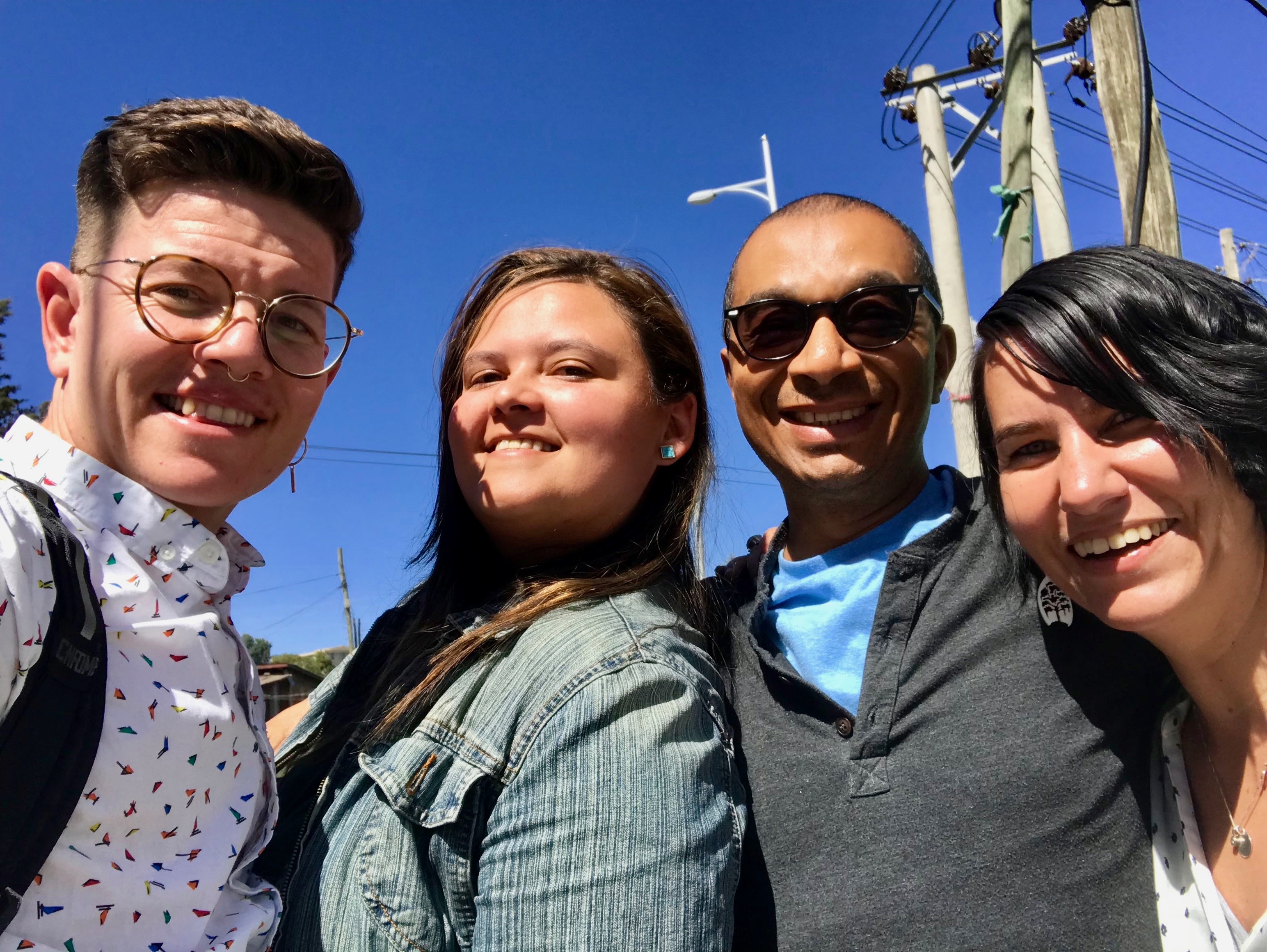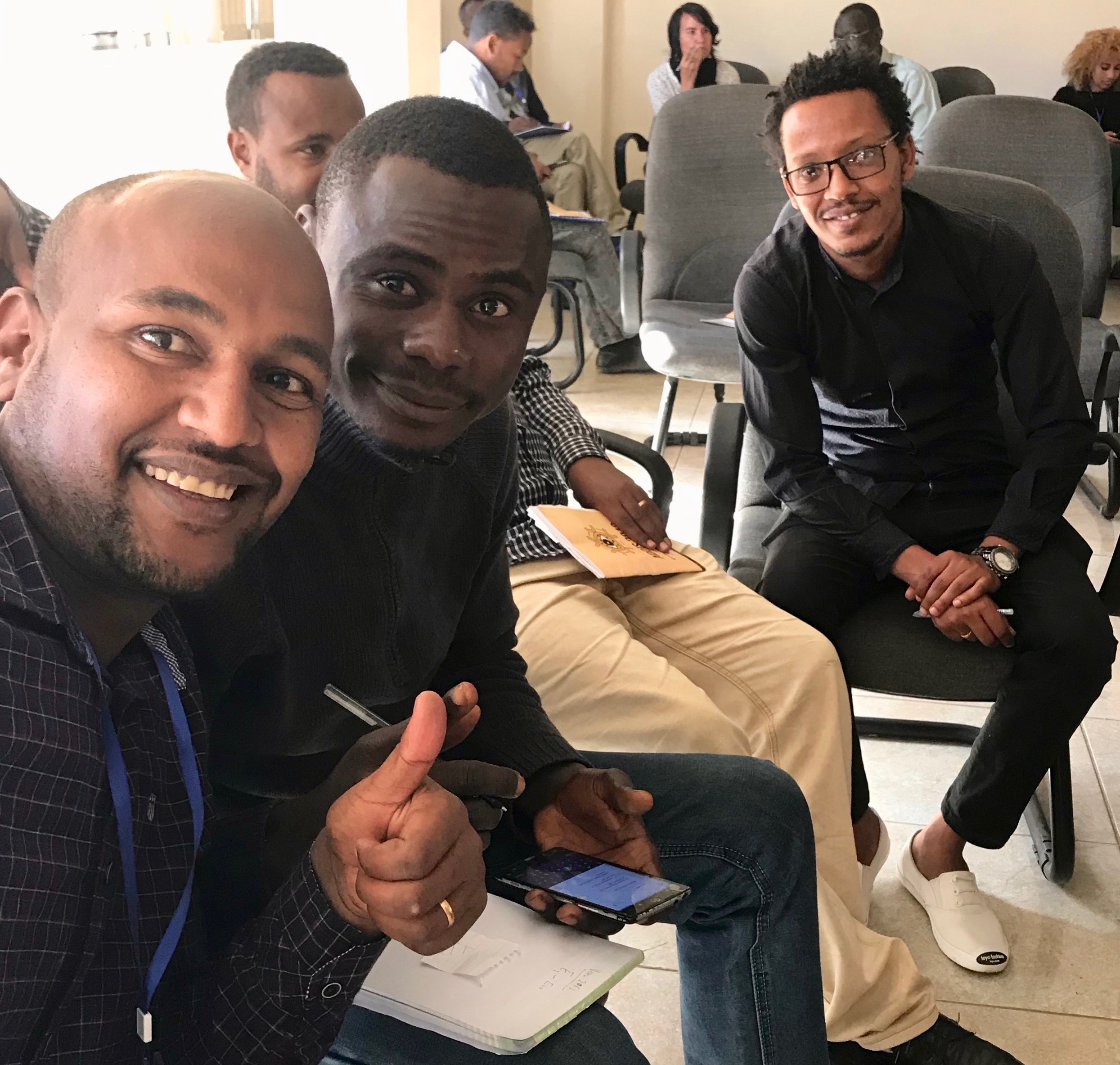Africa Humanities Workshops
An Initiative supported by the Andrew W. Mellon Foundation
Back to ProgramsIn 2014, CHCI convened a special meeting at the Stellenbosch Institute for Advanced Study, which brought together scholars, activists, writers, musicians, and public humanists to reflect on the humanities in Africa. This first meeting led to a period of significant intellectual exchange and, in 2016, a multiyear grant from the Andrew W. Mellon Foundation designed to support two projects: a preliminary mapping of the humanities in Africa and a series of workshops, particularly for emerging scholars across the Continent.
The Africa Humanities Workshops are a series of multidisciplinary, international workshops (i.e., summer/winter schools) designed to build strength in the humanities by supporting the research and training of advanced graduate students and early-career scholars.
Each annual workshop takes place in a different location on the African Continent and last for at least two, and up to four, weeks. The workshops are led by teams of scholars who convene seminars that use primarily either French or English as their working language. At least two African Countries must be institutionally represented by the leaders and one of the scholars may come from abroad.
To date, three such workshops have taken place: one in Addis Ababa, called Addis 2019: Africa as Concept and Method: Emancipation, Decolonization, Freedom, another one in Dakar, which was called Les Ateliers de la pensée de Dakar. Both occurred in January 2019. A second edition of the Dakar workshop, the École doctorale des ateliers de la pensée "Bond cosmologies and forms of life," will took place in February 2022.
These workshops are not merely conferences or events but sites of collaborative investigation. They include a combined focus on the development and circulation of new scholarship; collective inquiry through seminars and discussion; and training through practical workshops and professional development activities. While there is certain value in supporting individual scholars, these workshops are directed by the conviction that institutions in which individual scholars are able to thrive, collaborate, draw upon others, and create legacies are necessary elements of any project that seeks to have long term effects. The CHCI workshops are designed to be such an institution for the humanities in Africa. For African countries, like Ethiopia, among others, that do not provide critical education in core and emerging humanities fields, these workshops will become a platform to narrow the gap.

For those future workshops, we have identified possible areas of inquiry including: Visual Cultures; Humanities and the Environment; Life/Writing and the Political; New Terrains in African Philosophy; Sovereignty; and Citizenship and Political Belonging. At least two of these themes will grow directly out of CHCI’s global humanities collaborative research projects, and have the advantage of furthering an existing commitment and broadening the regional scope of our past enterprise. Importantly, each year’s workshop will be hosted in a different location on the African Continent with the full expectation that local contexts and scholarly cultures will affect the shape of knowledge and inquiry.

CHCI will initiate a call for seminar leaders, coordinate a selection process and support the selection of participants. Above all, CHCI will offer the full scale of its global network, which is made up of institutions from across the world. The workshops are designed to encourage local, institutional engagement in the CHCI network and to establish a new institution where humanities scholars and students can flourish. Scholars selected to convene workshops will be expected to be affiliated with organizations that are members of CHCI. Participants in the African Humanities Workshops will not need to be affiliated with CHCI member institutions, however, the participants’ home institutions will be encouraged to join CHCI providing access to the array of opportunities available to members and investing (through membership dues) in the program’s sustainability.
Just as these projects are meant to support the African Humanities, so too will they make an important contribution to the global humanities through the CHCI’s network. Our global humanities projects to date have revealed that thinking of the humanities in a global context is more challenging than thinking of the sciences that way, but also more rewarding. The very idea of the humanities is transformed in the process. We see these workshops (together with the Mapping of the Humanities) as being not only regional humanities projects, but fundamental projects for the humanities.
The benefit of this initiative will be felt by individual scholars in Africa, by the broader scholarly community in Africa, including students, and by scholars internationally who will benefit from encounters with new perspectives and research through CHCI’s network and the many institutions it affects.